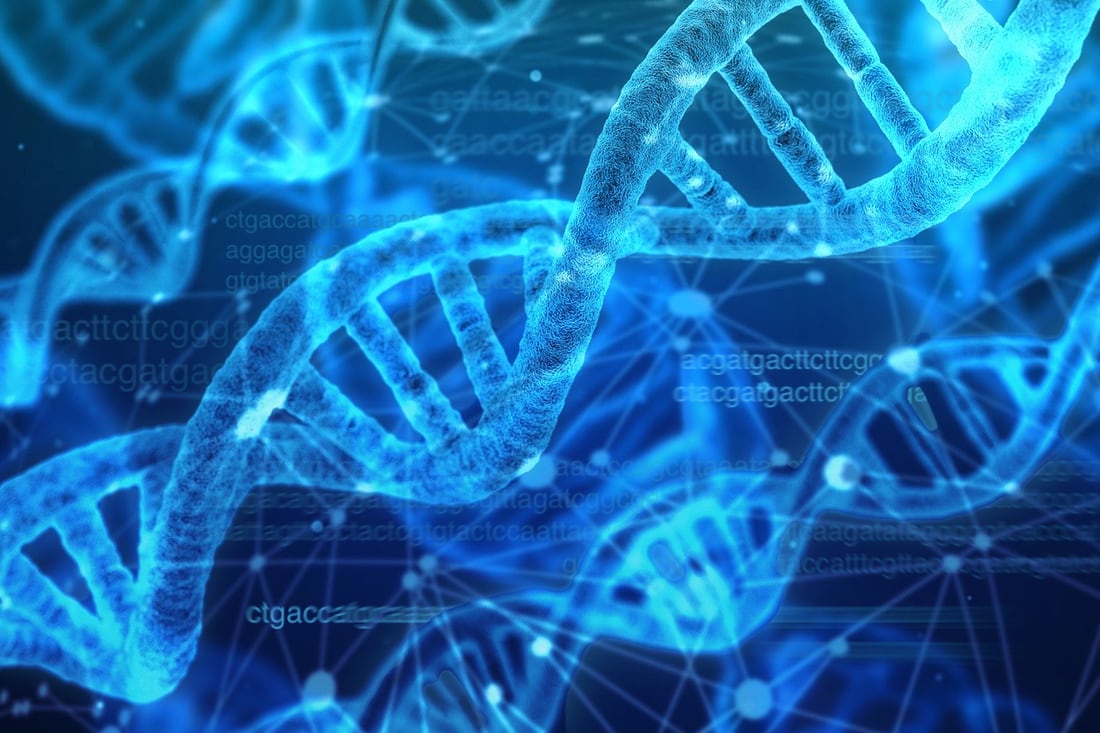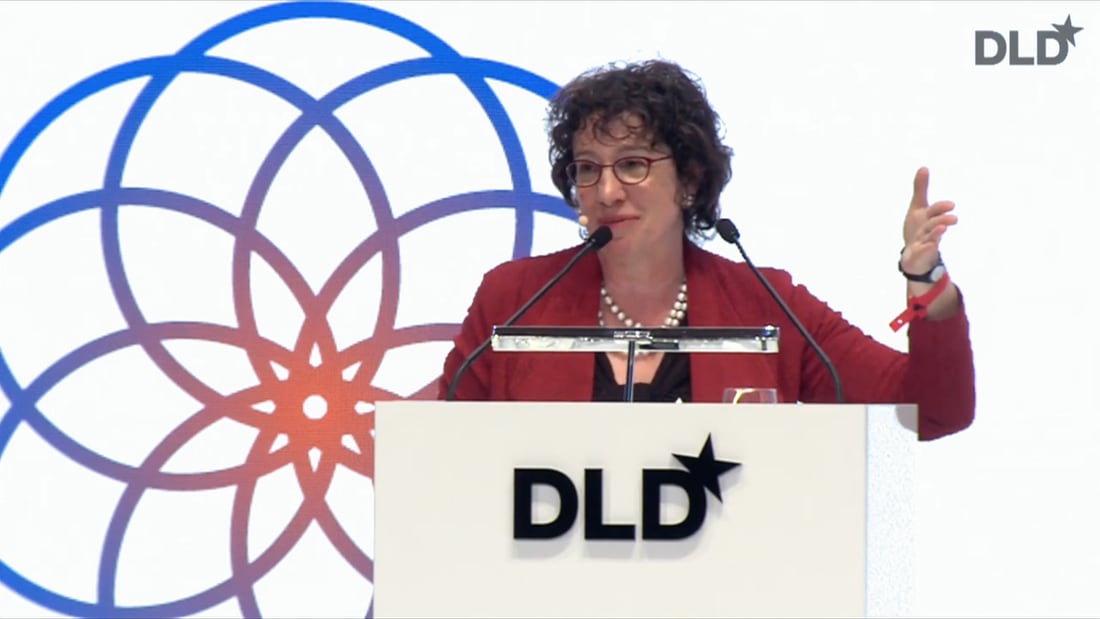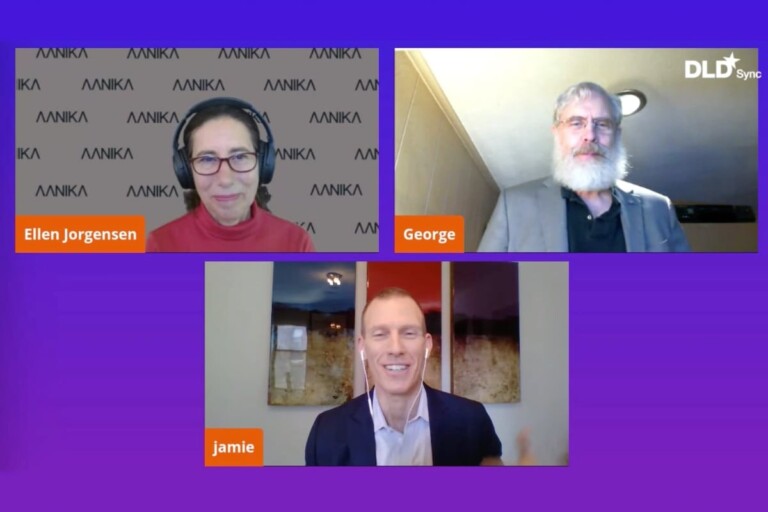
Gene Editing: Great Potential, Great Concerns
Fixing errors in the human DNA could cure diseases and greatly improve health – but only for the wealthy? UC Berkeley ethicist Jodi Halpern warns of a new gap between rich and poor.
Writing the code of life has been nature’s job – until now. Thanks to rapid progress in biotechnology, humans may soon be able to tweak evolution to their liking. By replacing one strand of DNA with another, scientists hope to cure diseases, strengthen the body’s immune system and finally win the battle against cancer. A technology called CRISPR-Cas9 is widely seen as the most promising tool to achieve this goal, as it resembles a pair of scissors that allows scientists to make precise cuts in an organism’s genetic markup.
Since the concept was introduced by Jennifer Doudna and Emmanuelle Charpentier in 2012, there’s been a worldwide rush to move from lab work to real-world applications. And while many scientists concentrate on the medical benefits of gene editing, an experiment with human babies in China has already shown a potential dark side of this new technology.
Jodi Halpern
is one of the world’s leading scholars in the field of ethics and technology. A professor of Bioethics and Medical Humanities at UC Berkeley, she’s also a member of the Innovative Genomics Institute where she co-leads a group dedicated to integrating ethics, regulation, and policy with science. DLD spoke with her about the consequences that society may face when humans start to reprogram the code of life to their own liking.
Speaker Profile
What’s the promise of gene editing?
First of all, it’s very important to make a distinction between somatic cell gene editing and germline gene editing.
Somatic cell gene editing is editing non-reproductive cells, usually of someone already born (or a fetus), and it’s a change that will affect them for the rest of their lives – but only them. In contrast, germline gene editing affects the reproductive cells and so the family tree. These are changes to the DNA that will be passed on to children and grandchildren.
Scientists rapidly decoded the DNA of the coronavirus causing Covid-19. Could gene editing help humans become immune to this disease – or perhaps all similar viruses in the future?
There have been important experiments in the laboratory showing that CRISPR-Cas9 can operate in a “Pac-Man like” way, targeting the genetic instructions of the Covid-19 virus and destroying the virus’s ability to invade cells. But this has not yet been proven to work in animals, nor has the safety been demonstrated. All of that will take time. CRISPR is also being used to develop testing for Covid-19.
What can we do with gene editing that wasn’t possible before?
In cancer treatment, for example, we’re able to change the very nature of the cells that can resist the tumor. Early therapies show that this can make a big difference in the progression of the cancer. Similarly, in blood-based disorders like sickle cell anemia, leukemia or lymphomas, somatic cell gene editing shows great promise. Generally speaking, the hope is to find a life cure for people with such diseases.
How precise is gene editing today?
A lot of the work in this area is about developing methods to do the editing safely. One big concern is: What happens if the edit doesn’t go to the right part of of the genome? There are many things that can go wrong with so-called “off-target effects”. Also the proteins used for gene editing matter because they can cause an immune response, resulting in health problems to the recipient.
CRISPR explainer: This brief video by the Innovative Genomics Institute illustrates the basics of gene editing in little more than a minute.
How quickly will gene editing become an everyday procedure?
Nobody can predict this well yet. But a lot of researchers see a five to ten year timeline before somatic gene editing becomes the acceptable treatment for certain diseases. Very few people see it as likely to become widespread much earlier than that.
Do you have ethical reservations with gene editing when it’s intended to treat diseases?
Cost is a huge issue for me, even in the somatic cell area. Because the question to me as an ethics professor is not just when a procedure will be available – but when will it be available in a form that’s accessible to everyone based on need, as opposed to just the very wealthy.

Jodi Halpern
UC Berkeley
“Germline gene editing could create something like what we had with royalty before democracies.”
Many people feel that gene editing comes close to playing God. Do you share these concerns?
This applies mostly to germline gene editing, which brings up a number of big concerns. First of all, we have nothing near the technology to do this well yet. But even if, we would decide that there are certain forms of life that aren’t worth living, so it has unfortunate resonances with eugenics.
For example, if we were to apply germline gene editing for a condition like deafness we’d have a very big controversy because people who are deaf consider their lives to have high quality in virtue of deaf culture.
What about other, truly debilitating diseases?
There are conditions, like Huntington’s disease, that people who are affected mostly describe as a terrible experience which they wish they and their loved ones didn’t have. Germline gene editing could one day wipe out such diseases that do cause a lot of suffering.
What worries me in all cases is that these interventions are overwhelmingly likely to be very, very expensive. Therefore, given the way our societies operate right now, they could be available only to wealthy or otherwise privileged people.
We see a gap between rich and poor in many areas. What makes it worse in medicine?
Your chances of a decent, healthy life are already down if you’re poor. Marginal access to housing, education, quality of water, food, nutrition – all of these are social determinants of health, and they are all based on wealth. If germline gene editing is offered based on ability to pay, in the future less rich families will also carry genetic risk factors – whereas wealthy families will not.
In other words, germline gene editing could create something like what we had with royalty before democracies – meaning there will be heritable differences in health that will be really dramatic. If you’re wealthy you can ensure that your family will have a physiological, genetic health advantages. And that, I think, creates a form of injustice worse than many we’ve seen before.

Jodi Halpern
UC Berkeley
“There’s a risk that there will be military uses of somatic cell gene editing. You could imagine developing humans with extra capacities.”
There’s also the idea that parents may want to have “designer babies” who exhibit certain physical properties.
That’s a big concern. And it’s almost impossible to regulate because no matter what the regulation may be, rogue actors can offer it internationally, across borders, for whatever reason they want. We’ve seen this before, for example regarding the use of steroids for muscle building. They were not approved for that purpose, but athletes all over the world keep abusing them.
Sports brings up the idea of athletes with super-human capabilities.
Not just athletes. There’s also a risk that there will be military uses of somatic cell gene editing. You could imagine developing humans with extra physical or physiological capacities. In fact, there’s reportedly research in military circles related to immuno-genecity, so that people may be developed who are more resistant to biochemical warfare, for example.
A lot of my ethical concerns are with regard to such dual use cases – when there’s improper use of something to do harm. In this case it’s when the military or authoritarian governments may want to make gene edits to highly enhance their soldiers.
That sounds dystopian – and still like science-fiction, given that today’s gene editing capabilities remain fairly limited, as you pointed out.
These are the far-out scenarios, yes. But we also see similar risk factors with genetic editing that can increase intelligence. And that’s not so far out. A gene that’s known to decrease the risk of HIV is also thought to provide cognitive enhancement.
So the odds of a gene edit that could have cognitive enhancement capacity are strong. And possible abuses cover everything I just mentioned about muscular enhancement.

Disruption & Trust
By loading the video you agree to the Privacy Policy of YouTube and accept that your data will be processed by Google.
You are currently viewing a placeholder content from YouTube. To access the actual content, click the button below. Please note that doing so will share data with third-party providers.
More InformationWhat could be done to utilize the benefits of gene editing but minimize potential harm?
Governance, regulation and professional standards play a big role. But you also need cultural change in the people in power. A lot of gene editing scientists are trained in chemistry and other physical sciences, but – other than doctors or medical scientists – they typically do not have an in-depth understanding of the history of abuses of human subjects in research.
What I find in my work is that they’re not as aware of what’s required to really respect and safeguard the early participants in clinical trials and what’s essential, culturally, to involve society in the decision-making.
Could an international ban, similar to a nuclear weapons treaty, prevent abuse of gene editing?
I’ve been studying the history of nuclear technology specifically for this reason. Back then, the cultural change started with nuclear scientists and diplomats. So my hope is that we can bring in scientists to develop world standards along with international NGOs and governments.
The reason to have these worldwide agreements is not to prevent individual rogue actors but to put pressure on rogue states. Or on authoritarian governments. Or on military abuses.
Do you think artificial intelligence will become a game-changer in the field of bioengineering and gene editing as well?
Absolutely. We can already read MRIs much better with machine learning, and we can detect cancers better. But we also need humans to help patients deal with the suffering we can’t prevent. To help us change our health behaviors in ways that we want to, without manipulating us, and to listen to us and to empathize with us. At the same time we need those humans to be good at using machine learning models to get better data in order to make better-informed decisions.

